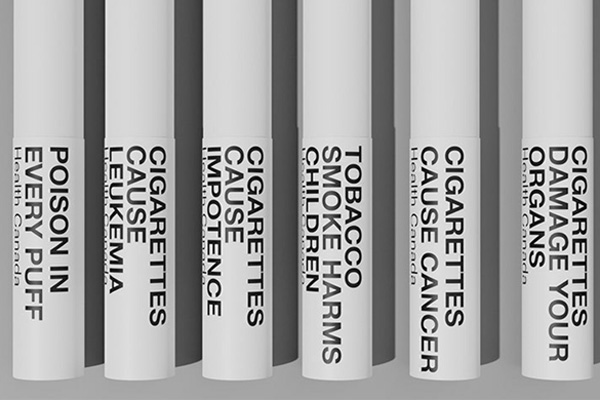Kaival Brands Innovations Group, the U.S. distributor of all products manufactured by Bidi Vapor, has reached an agreement with Philip Morris Products (PMP), a wholly owned affiliate of Philip Morris International, for the development and distribution of electronic nicotine-delivery system (ENDS) products in markets outside of the U.S., subject to market (or regulatory) assessment.
The company’s recently formed wholly owned subsidiary, Kaival Brands International (KBI), entered into a licensing agreement with (PMP) on June 13, 2022. The agreement grants to PMP a license of certain intellectual property rights relating to Bidi Vapor’s premium ENDS device, known as the Bidi Stick in the U.S., as well as potentially newly developed devices, to permit PMP to manufacture, promote, sell and distribute such ENDS device and newly developed devices in international markets outside of the U.S.
The parties believe this agreement promotes their joint vision of a smoke-free future.
“We believe that in addition to the Bidi Stick having wide acceptance among legal-age nicotine users in the United States, Bidi Vapor’s numerous decisions around design; responsible adult-oriented marketing and stringent youth-access prevention measures; and sustainability bolstered its appeal to PMI,” said Niraj Patel, CEO of Kaival Brands, in a statement.
“We, along with PMI and Bidi Vapor, share the vision of a smoke-free future. The Bidi Stick offers legal-age nicotine users a high-quality alternative to cigarettes that satisfies their taste preferences. Further, we, along with Bidi Vapor, are committed to prioritizing the appropriate regulation and responsible commercialization, inclusive of taking the necessary measures to make sure these products do not appeal to unintended audiences, including youth. By example, Bidi Vapor does not engage in direct online sales to consumers and requires age verification contracts with our distributors and retailers.
“While Bidi Vapor continues to pursue the U.S. Food and Drug Administration premarket tobacco product authorization, cooperation with a major multinational company like PMI, a leader in scientifically substantiated smoke-free products, opens doors on a global scale. Kaival Brands looks forward to a long, productive relationship with PMI to accelerate the end of smoking.”
“We have previously mentioned our intention to broaden our current smoke-free product portfolio for adults who would otherwise continue to smoke cigarettes or use other nicotine products. This agreement supports that vision and is another step toward accelerating the delivery of a smoke-free future. We are excited to start our agreement with Kaival Brands—led by CEO Niraj Patel—who shares the same vision as we do, to accelerate the end of combustible cigarette smoking,” says PMI President of E-Vapor Ashok Rammohan.













 Covectra, a track-and-trace company, has named Gary Miloscia as president and CEO. Steve Wood, co-founder and CEO since Covectra’s inception in 2008, will transition to serving on the board of directors and as a senior advisor to the management team.
Covectra, a track-and-trace company, has named Gary Miloscia as president and CEO. Steve Wood, co-founder and CEO since Covectra’s inception in 2008, will transition to serving on the board of directors and as a senior advisor to the management team.




